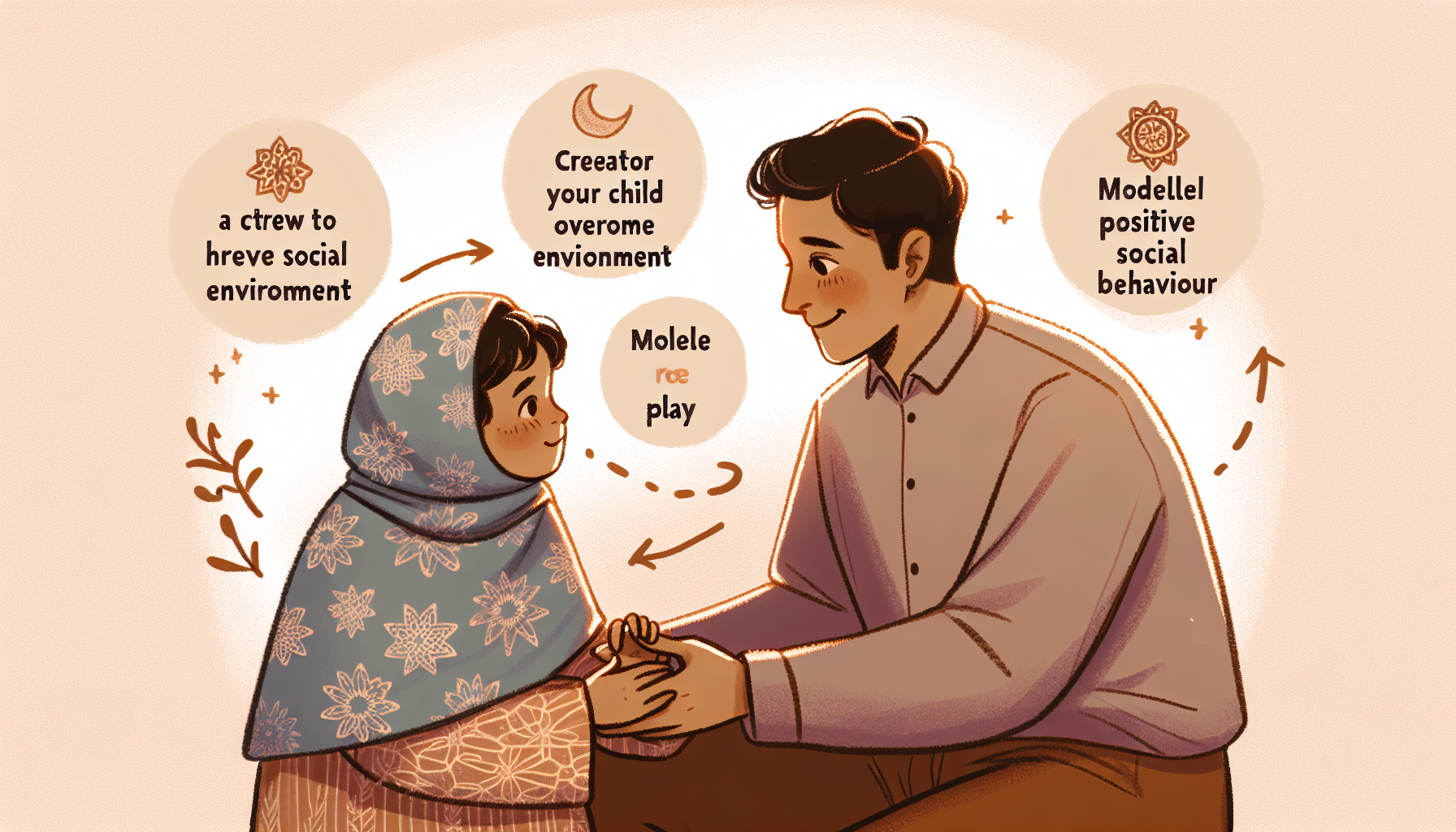How to Help Your Child Overcome Shyness
Shyness in children is a common concern for many parents. It’s natural to want your child to be confident and capable of interacting with others, yet some children struggle with social interactions due to shyness. Understanding how to help your child overcome shyness can set them on a path toward developing essential social skills and greater self-confidence. This article aims to provide valuable insights and practical parenting tips to support your child in navigating their social world.
Main Points
Shyness is a natural temperament trait, but it can sometimes prevent children from engaging fully in social activities, impacting their growth and learning. Research suggests that approximately 15% of children are born with a predisposition to shyness. The good news is that with patience and the right strategies, parents can help their children become more comfortable in social settings.
Cognitive-behavioral therapy (CBT) offers a framework for helping children overcome shyness. CBT focuses on changing negative thought patterns and behaviors, encouraging children to face and gradually become comfortable with social situations. This approach addresses psychological needs such as safety, autonomy, and self-expression, which are crucial for a child’s development.
Encouraging self-expression and autonomy helps children feel more secure in their social interactions. By allowing them to make choices and encouraging them to express their thoughts and feelings, parents can help their children build confidence.
Practical Recommendations
- Create Safe Social Environments: Start by arranging playdates or small group activities with familiar peers. A comfortable setting can ease the anxiety of social interactions.
- Model Social Behavior: Children learn by observing. Demonstrate positive social interactions by greeting neighbors or engaging in small talk during outings.
- Encourage Gradual Exposure: Gradually introduce your child to new social situations. Begin with less intimidating settings and slowly increase the complexity as they gain confidence.
- Use Role-Playing: Practice social scenarios at home through role-playing. This can help your child rehearse social skills in a low-pressure environment.
- Provide Positive Reinforcement: Celebrate small victories and provide positive feedback for social efforts, even if they seem minor.
- Teach Relaxation Techniques: Equip your child with tools such as deep breathing or visualization to manage anxiety in social situations.
Conclusion
Helping your child overcome shyness is a gradual process that requires patience and understanding. By leveraging cognitive-behavioral strategies and meeting psychological needs such as safety and autonomy, parents can encourage their children to develop essential social skills. Implementing these practical recommendations not only aids in overcoming shyness in children but also fosters a lifelong ability to form meaningful connections. Remember, every child is unique, so be supportive and patient as they navigate their social journey.
For more parenting tips and resources on social skills for children, visit the Child Mind website.

